Writing a sitcom is hard. In fact, I dare say that the sitcom is probably the hardest of all TV genres to pull off. Audiences will give a lot of leeway to a science fiction series, looking past questionable graphics and visual effects and chalking it up to a low budget. But when a show isn’t funny, it’s just not funny. And when a sitcom isn’t funny, which is the one thing a sitcom truly needs to be, nothing else really matters.
Want proof? Netflix will give you proof. What about a show starring one of America’s beloved actors returning to his comedic roots? No one watched Jamie Foxx’s Dad Stop Embarrassing Me! What about a sitcom set in America’s favourite motorsport, one that averages almost 3 million viewers per race? No one saw Kevin James’ The Crew. And the less said about Blockbuster the better (but if you do want more on that car crash of a series, here are 500 words on it).
Clean Up on Aisle Whatever
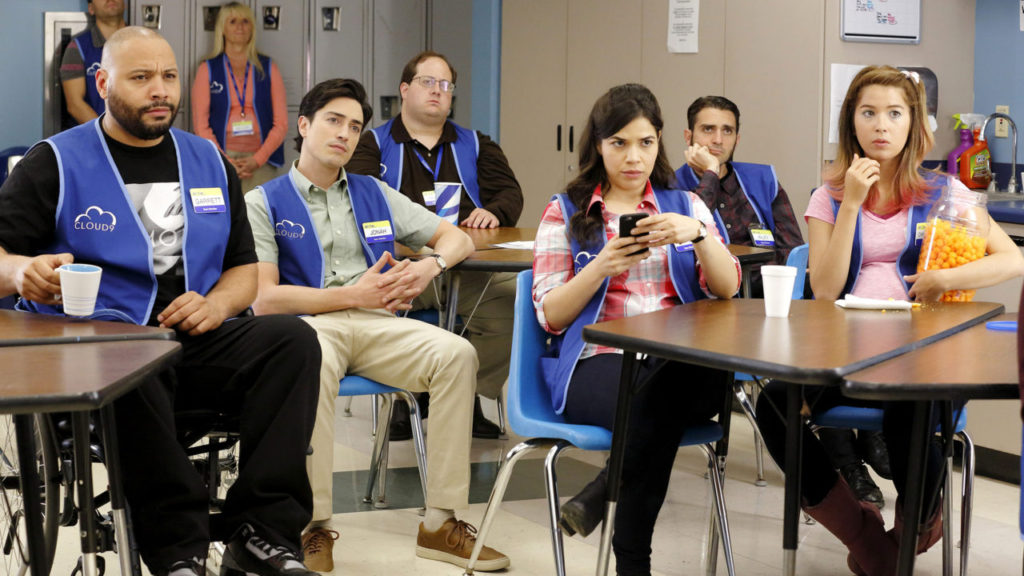
But don’t worry. This isn’t another “Bahir rants against bad shit on television” article. This is me being genuinely excited for something. And a little jealous. Because on Monday, January 23, 113 episodes of Superstore comes to Malaysian Netflix and I can’t wait for you to see it.
Premiering in November 2015, on American broadcast network NBC, Superstore ran for six seasons and is a true television gem. Starring America Ferrera and Ben Feldman, Superstore tells the story of the employees of an American big box store and all that entails.
Superstore doesn’t reinvent the sitcom wheel. All the traditional genre tropes are present. What the series does, however, is treat those tropes better. The series has a built in love story that they didn’t stumble on. Right from the pilot episode, the audience can see Amy and Jonah ending up together. Instead of making it seem inevitable, this clarity of story allows the writers to deviate and riff off of the traditional trope.
There isn’t the pained “will-they-won’t-they” thing. Amy and Jonah WILL. It’s just a matter of how and when they get there. It’s the journey that the writers are most concerned with, not the destination. And that journey is a good one. From false starts with other love interests, their story never feels forced. It never feels like the writers are doing everything in their power to keep these two from falling in love. Their love story feels natural. It feels like growth.
Everything Under One Roof
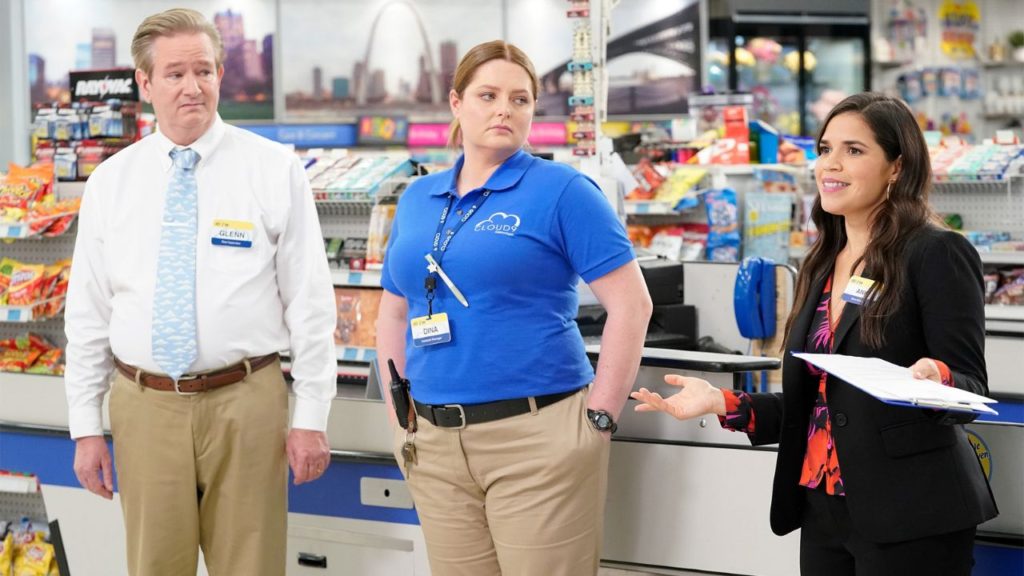
Superstore feels like good, clean, wholesome TV. The comedy is fun. The throwaway dialogue is funny. The simple vignettes of weirdo customers in a big American box store is hilarious.
But most importantly, the series is never mean.
The store’s manager is Glenn Sturgis, a naive, overly positive, 55 year old devout Christian who has fostered at least 11 children with his wife. All that feels like snarky comedy gold just waiting to be mined. Instead, the series uses Glenn as the heart of the team. There is no meanness in the Glenn comedy. The series doesn’t mock him for having beliefs. Yes he can come off as infuriatingly naive and innocent, but the writers never treat him as stupid.
This is a show that treats all its characters with respect, humanity, and humour. From the wheelchair bound, Garret, to the gay immigrant, Mateo, and the intense, overly concerned with security, Dina, none of the characters ever come across as a one dimensional caricature who is there just for jokes. In fact, none of the show’s more than 20 recurring background characters are treated as mere paper cutouts. They all have names, and stories, and weight, and play a part in building out the Superstore universe.
It’s Just a Store
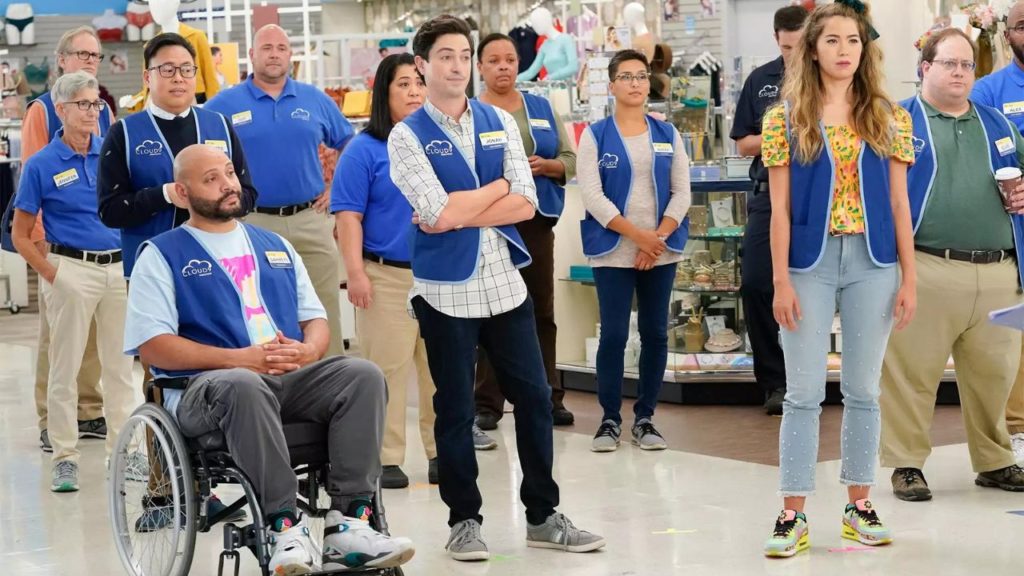
Also, sometimes it’s fun to not have to address existential questions in comedies. Don’t get me wrong, I love those sorts of sitcoms too, but a lot of the time I’m watching something over a quick lunch break and I’m just not in the headspace to be questioning things like life and death (The Good Place), God and religion (Ramy), masculinity (Ted Lasso), fame (Dave), or the generation gap (Hacks). Those shows are some of my absolute favourites, but Superstore fills a different gap in my brain. I stumbled on the series over COVID and the show’s wholesomeness was just what I needed at the time. It was sweet, and heartfelt, and made me smile enough, and laugh enough.
In fact, Superstore‘s series finale was one of the few times I felt the emotional heft the writers wanted me to feel. I was sad that I would no longer see this cast have new adventures. I was happy with how successful and fulfilled they’d all gotten. The final minutes of the final episode had me smiling a real smile. I even had a twinkle of a tear in my eye.
I felt real emotions and came to the hard realisation that I too was a real boy.
Paper or Plastic?
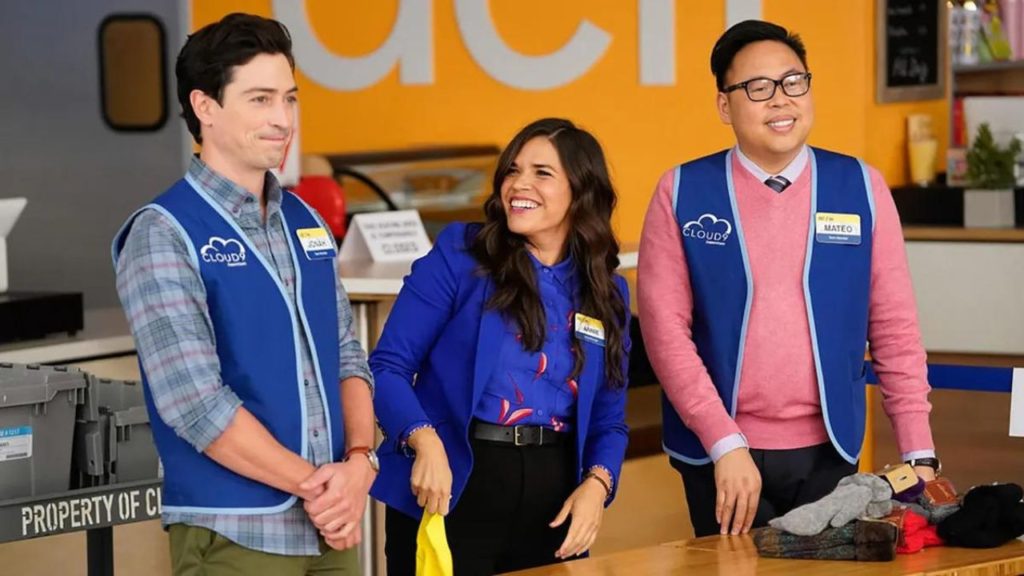
The sitcom has gone through a bit of an evolution in TV land recently, from comedies that require an asterisk (It’s Always Sunny in Philadelphia, Ted Lasso, Shrinking, Dave, Ramy, Hacks, etc.) because they aren’t “haha” funny but are still excellent TV, to more broad comedies returning to the small screens (Reboot, Ghosts, Abbot Elementary) that have the “it may not be for you” condition. Superstore feels like a throwback to when a sitcom was just some good clean television for all ages and all genders. Have I mentioned that I can’t wait for you to watch it?

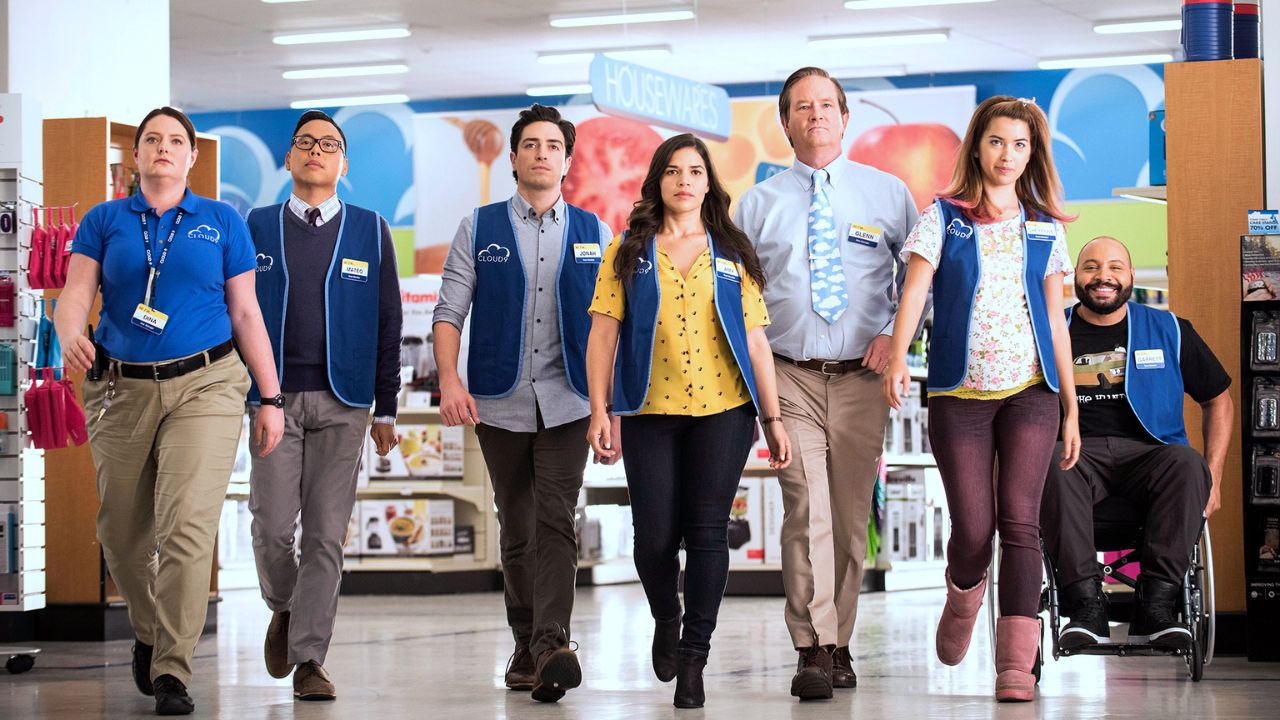

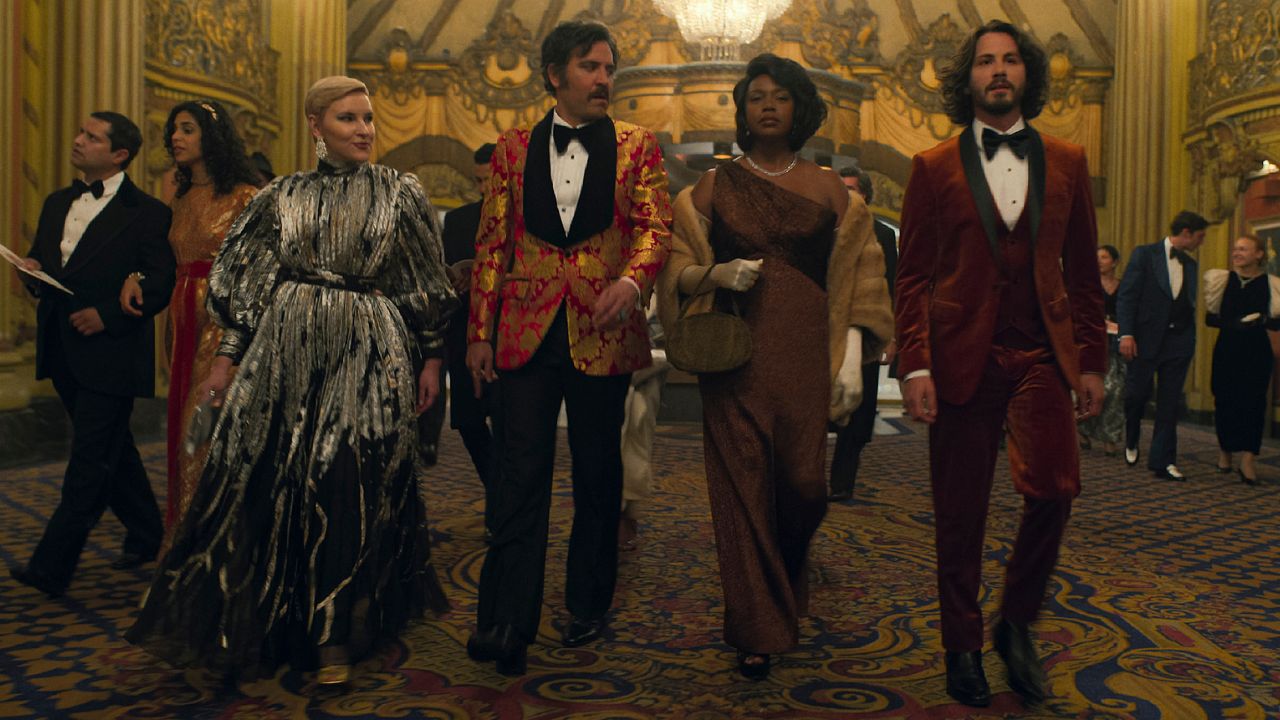
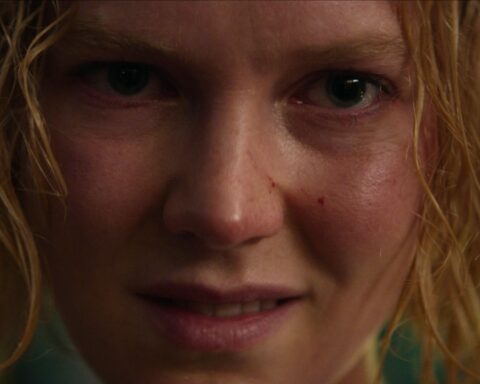

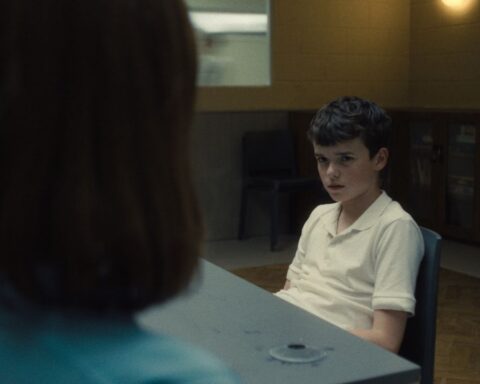
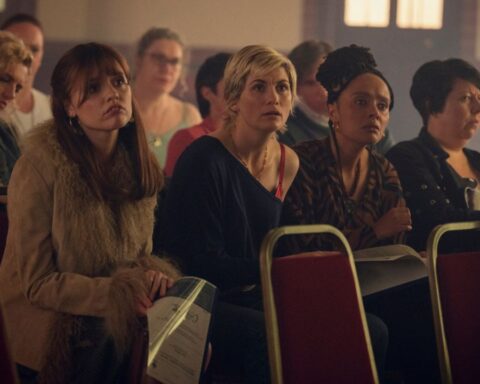
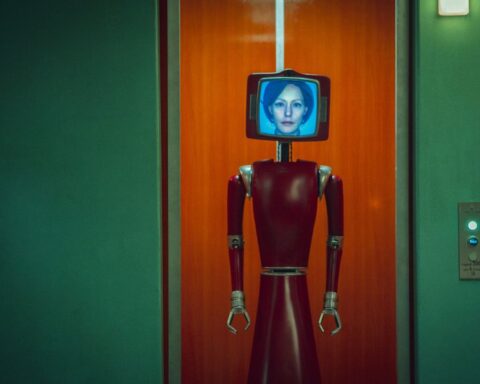
Follow Us